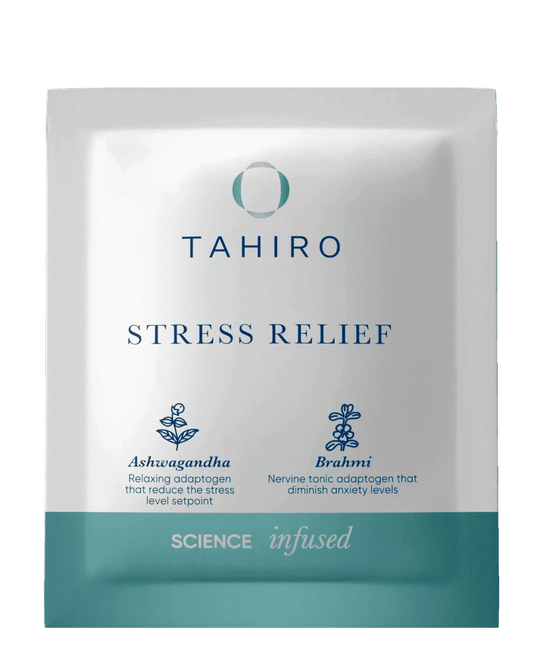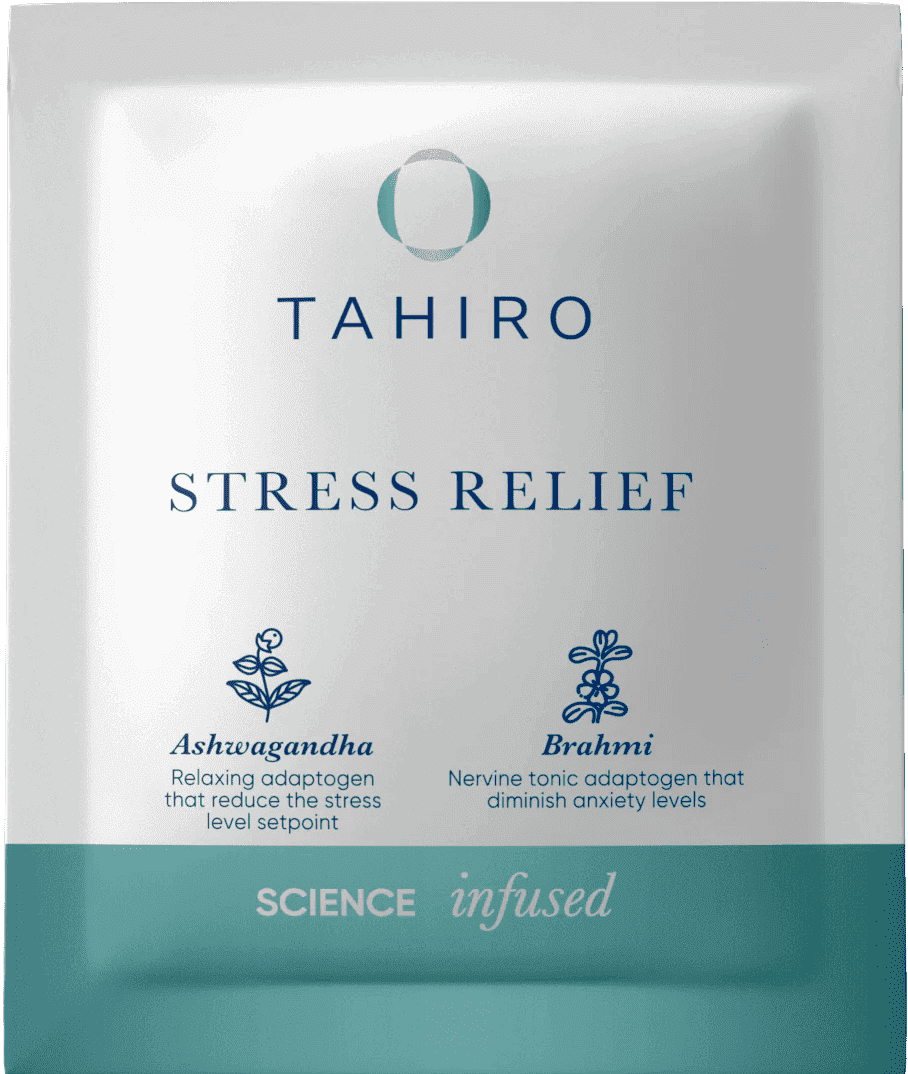Key takeaways
Individual Stress Responses Vary: People react to stress differently based on genetics, past experiences, and personality traits. Factors like childhood trauma and social support can also influence stress reactivity.
Age-Specific Stress Reactions: Stress manifests differently across age groups—children show it through physical symptoms, teenagers often experience anxiety and mood swings, and adults may suffer from chronic health issues due to prolonged stress.
Gender Differences in Stress: Men and women tend to handle stress differently, with women more likely to report emotional and physical symptoms, while men may exhibit avoidance or aggression.
Effective Stress Management Techniques: Methods like deep breathing, physical activity, Cognitive Behavioral Therapy (CBT), and natural supplements, such as Tahiro’s Stress Relief, can help regulate cortisol and support emotional balance.
Long-Term Stress Consequences: Chronic stress can lead to severe health problems, including heart disease, depression, and weakened immunity, underscoring the importance of managing stress effectively.
Stress is a natural response that everyone experiences, but the way people react to it can be vastly different. This variance in stress response is shaped by several factors, including genetics, past experiences, personality traits, and even age【1】【2】. While some individuals can manage stress effectively and use it as a motivating factor, others may find themselves overwhelmed, leading to mental and physical health issues【1】. This article explores how stress responses differ across various age groups, why people respond to stress differently, and how Tahiro’s Stress Relief can support your body in dealing with these challenges more naturally.
The Science of Stress: Why Is It Different for Everyone?
Stress reactivity, which refers to how one’s body responds to stressors, can vary significantly even when individuals face the same stressor. This reaction is influenced by a combination of genetic makeup and environmental factors, making some people more susceptible to stress than others【1】. Additionally, life experiences, including trauma, upbringing, and even social support networks, shape how stress impacts each person【2】. For instance, individuals with a history of childhood trauma might have heightened stress reactivity, which can influence their response to stressors later in life【2】.
How Tahiro’s Stress Relief Can Help
This is where Tahiro’s Stress Relief can be a game-changer. By combining natural ingredients like Ashwagandha, known for its ability to balance cortisol levels, and Rhodiola, which supports the body’s resilience to stress, Tahiro’s Stress Relief helps modulate your body’s reaction to daily challenges, making it a great addition for those seeking a natural way to manage stress.
Age-Specific Reactions to Stress
Children and Stress
Children experience stress differently from adults. They often show stress through physical symptoms like stomachaches or behavioral changes such as irritability or withdrawal【1】. Providing a stable environment, play, and creative outlets can help manage their stress effectively.
Teenagers and Young Adults
Teens often face stress due to academic pressure and social dynamics【2】. They may react with anxiety, mood swings, or even headaches. Encouraging exercise, a healthy routine, and open communication can be helpful.
Adults and Older Adults
Adults encounter stress from work, relationships, and finances. Chronic stress can lead to hypertension, weakened immunity, or mental health issues like depression【1】. Even with experience, prolonged stress is harmful.
Why Do People React to Stress Differently?
People react to stress differently due to a variety of factors, which include:
-
Biological Differences: Genetics play a key role in determining how individuals respond to stress. Some people are genetically predisposed to have a higher or lower stress tolerance, influencing their overall reactions【1】.
-
Past Experiences and Trauma: Childhood experiences, such as trauma or neglect, can result in heightened stress responses in adulthood. Individuals with adverse childhood experiences may perceive and react to stress more intensely compared to those without such backgrounds【1】.
-
Gender Differences: Men and women often experience and react to stress differently. Women are more likely to report stress-related symptoms such as sadness, anxiety, and physical discomfort, while men may exhibit stress through aggression or avoidance behaviors【1】.
For more insights, check out our in-depth article on the role of genetics and gender in stress responses.
How to Manage Stress Effectively
To manage stress effectively, try these approaches:
1. Adopt Relaxation Techniques
Deep breathing, progressive muscle relaxation, yoga, and mindfulness meditation can lower stress and promote relaxation【3】. Start with a few minutes daily.
2. Physical Activity
Exercise releases endorphins, boosts mood, and improves your body’s resilience to stress【3】. Even simple activities like walking or stretching can help.
3. Cognitive Behavioral Therapy (CBT)
CBT helps identify and change negative thought patterns, making it effective for managing chronic stress and anxiety【2】. Consider working with a licensed therapist or explore online CBT resources to get started.
4. Natural Supplements
Tahiro’s Stress Relief is a powerful option for managing stress naturally. With ingredients like Ashwagandha and Rhodiola, it helps regulate cortisol levels and supports emotional balance【3】. Including adaptogens in your routine can make a significant difference in how your body responds to stress.





